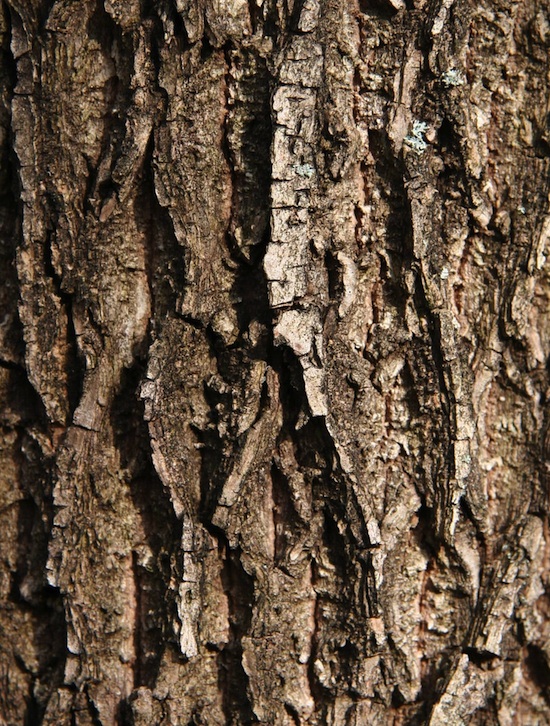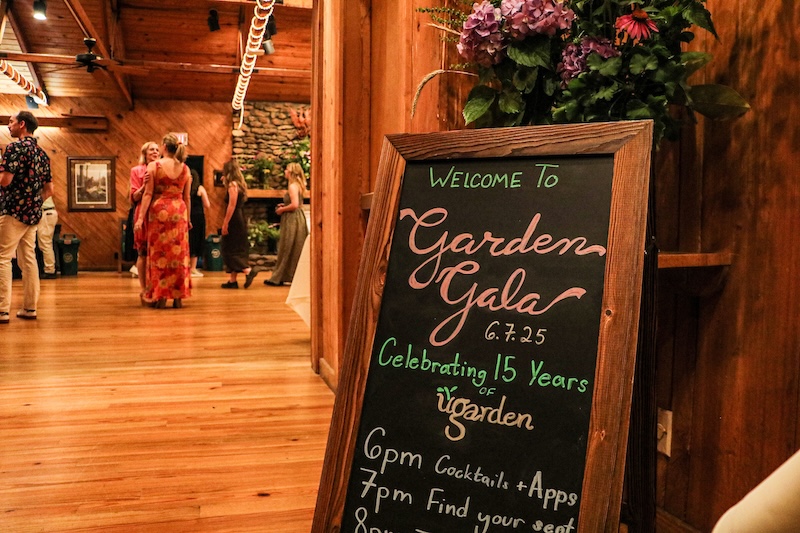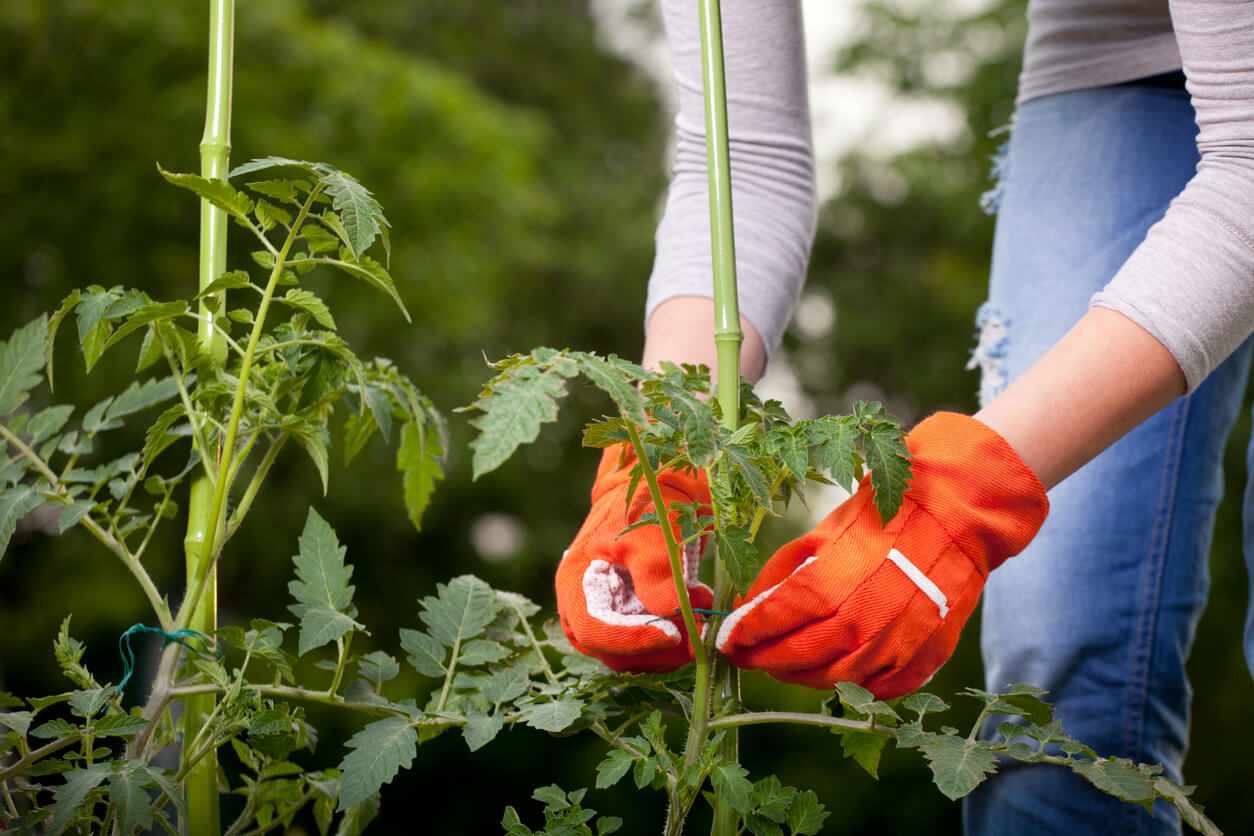From time to time national news services pick up articles about someone who sold one walnut tree for thousands of dollars. This may stimulate the imagination of those who have large walnut trees in their landscape. These articles usually fail to mention that the tree was near a high quality hardwood veneer operation and had many burls that produce the most valuable veneer. The tree owner probably also guaranteed that there was no metal in the tree. No one living in Georgia can replicate this scenario.
North Georgia is on the southern tip of the black walnut range, but the trees are usually too scattered to interest processors and buyers. Some hardwood and pine buyers will purchase these "rare" hardwoods, but they usually do not pay any more for them than they do for other wood they are buying.
Very few buyers will accept a tree growing near a home or an old home site. Most often these trees contain nails or spikes that would damage or destroy a saw blade when the tree is cut. This potential loss discourages most buyers from cutting yard trees.
Someone with a large quantity of quality trees might attract buyer interest from the Northeast or Midwest. Buyers do circulate through north Georgia and will make purchases if the quantity and quality is high enough.
A land owner with a single tree or very few trees would be best advised to sell to hobbyists or cabinet makers who can saw and dry the tree for their own uses.
Anyone considering growing walnut or other specialty wood trees should first discuss their plans with a local forestry consultant. Most of these endeavors require a considerable investment up front and could be quite costly if the resulting trees are not profitable.








